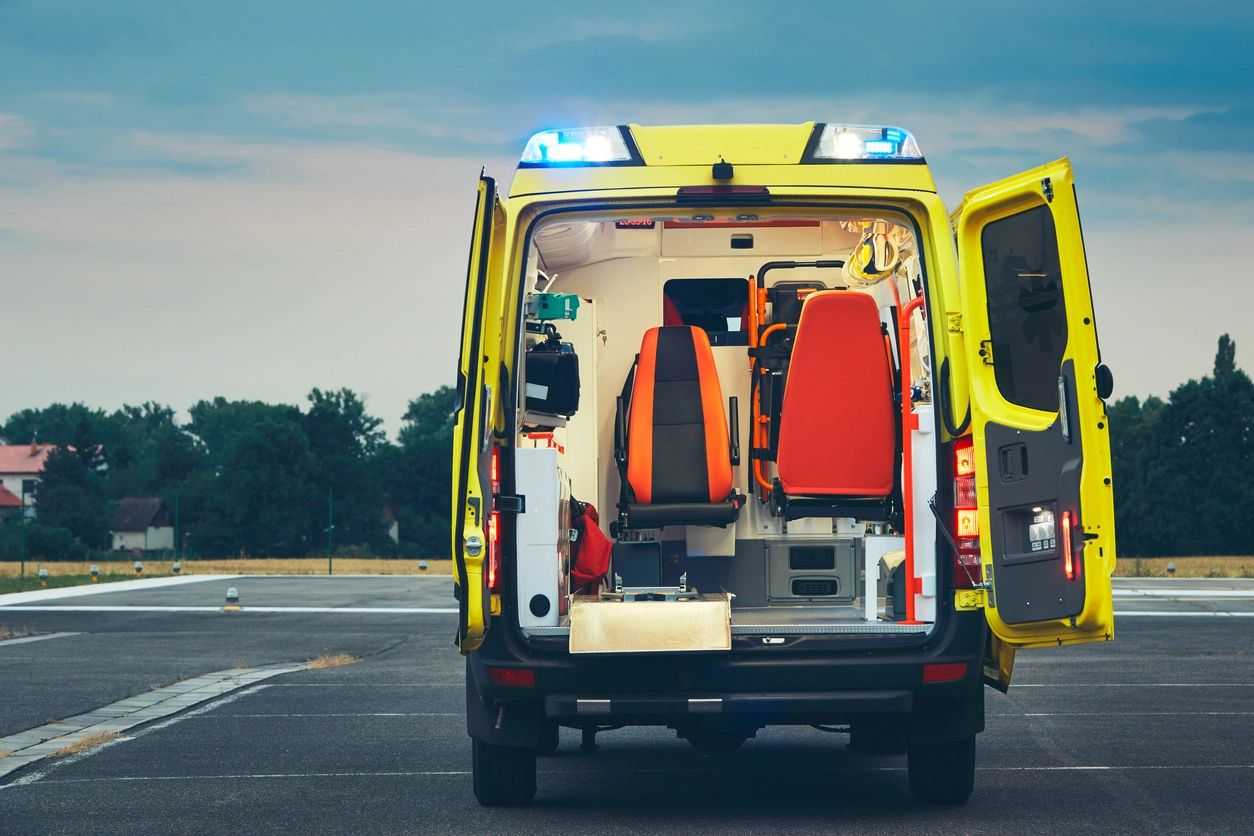
Non-emergency medical transportation is a key service that has been helping individuals and families for generations. Everyone needs medical care and attention. Though things like lack of personal transportation, inability to drive, or residence in a rural area may make it harder for some to obtain the care they need, medical transportation seeks to bridge that gap.
To be clear, there are two official forms of medical transportation. Emergency medical transportation refers to things like ambulances, while non-emergency medical transportation refers to transportation provided so that individuals can obtain medical services and attend appointments. The vast majority of people have heard of emergency medical transportation, but many have never heard of non-emergency transportation.
What Does Non-Emergency Medical Transportation Do?
Non-emergency medical transportation offers a critical service to communities by providing individuals and their caretakers with transportation to appointments, to pick up medication, and to ensure they have around the clock access to their doctors even if they don’t have their own transportation to get there.
The following are examples of why someone may utilize non-emergency medical transportation.
Individual is Unable to Drive Themselves
Whether it is because of a disability, a lack of license, or another undisclosed reason, there are many individuals that are unable to drive themselves to medical appointments for a number of reasons. Medical transportation ensures that they arrive to their appointments on time and safe.
Individual Has No Personal Transportation
Not everyone has their own personal car, and that’s okay! It is not a requirement, but it is also not a reason to skip medical appointments or treatment. Medical transport ensures that even if you have no personal transportation, you can still get to your appointments.
Individual Lives in a Rural Area
Living in a rural area away from everything can cause many issues, especially when it comes to getting to your doctor’s appointments. Even if you have your own car and can drive, you may not be able to drive long distances. In addition, individuals in cities can utilize public transportation in some instances while those in rural communities often do not have this option. Medical transportation allows these individuals to get to their appointments, no matter how far away they are.
Individual Has Mobility Issues/Medical Equipment
Traveling with mobility issues or medical equipment can be very stressful. Public transportation, though an excellent option for some, is exponentially more difficult to navigate when you have to factor in a wheelchair, a service animal, an oxygen tank, or any other kind of medical equipment. Many individuals delay care to avoid dealing with public transportation because of their equipment or mobility issues, which is why medical transportation is vital. Experienced staff to transport these individuals from their homes to their appointments and back again, while ensuring they get to their doctors safely is essential and takes a lot of the stress and guess work out.
Individual Needs Basic Medical Care During Transportation
Many individuals require medical care during transportation. Any medical emergency requires an emergency transport like an ambulance, but for non-emergency transportation, taking an ambulance is costly and unnecessary. Medical transportation takes care of individuals that need basic medical attention throughout their transportation journey. This is especially important with appointments that may be hours away.
Non-Emergency Medical Transportation is Essential for Many Individuals
These examples are just a few cases where non-emergency medical transportation is essential. There are so many more instances and specific situations that would benefit from medically trained staff and safe transportation.
Non-emergency medical transportation bridges the gap between individuals and getting to their appointments and obtaining necessary medications. It is a necessary and important service that keeps individuals healthy, safe, and cared for no matter where they’re going or what time of day it is.

